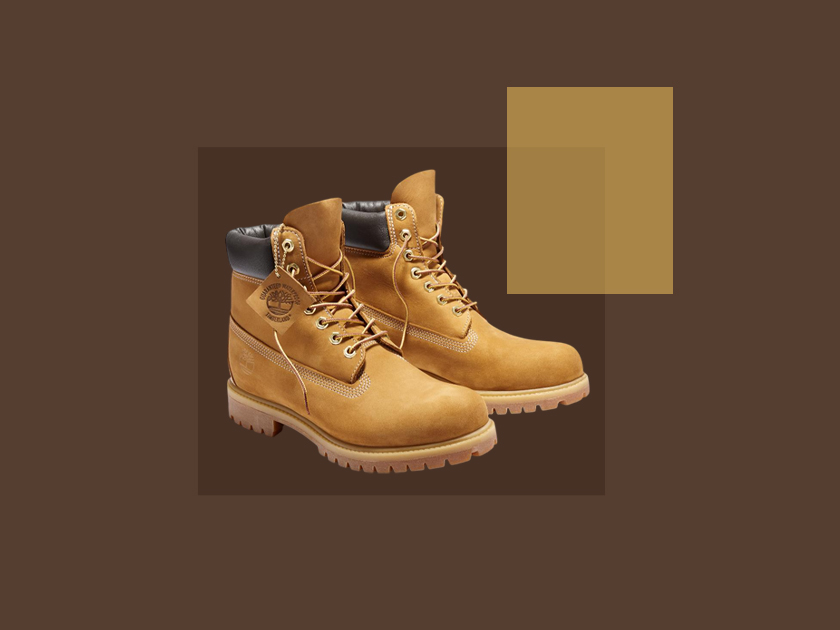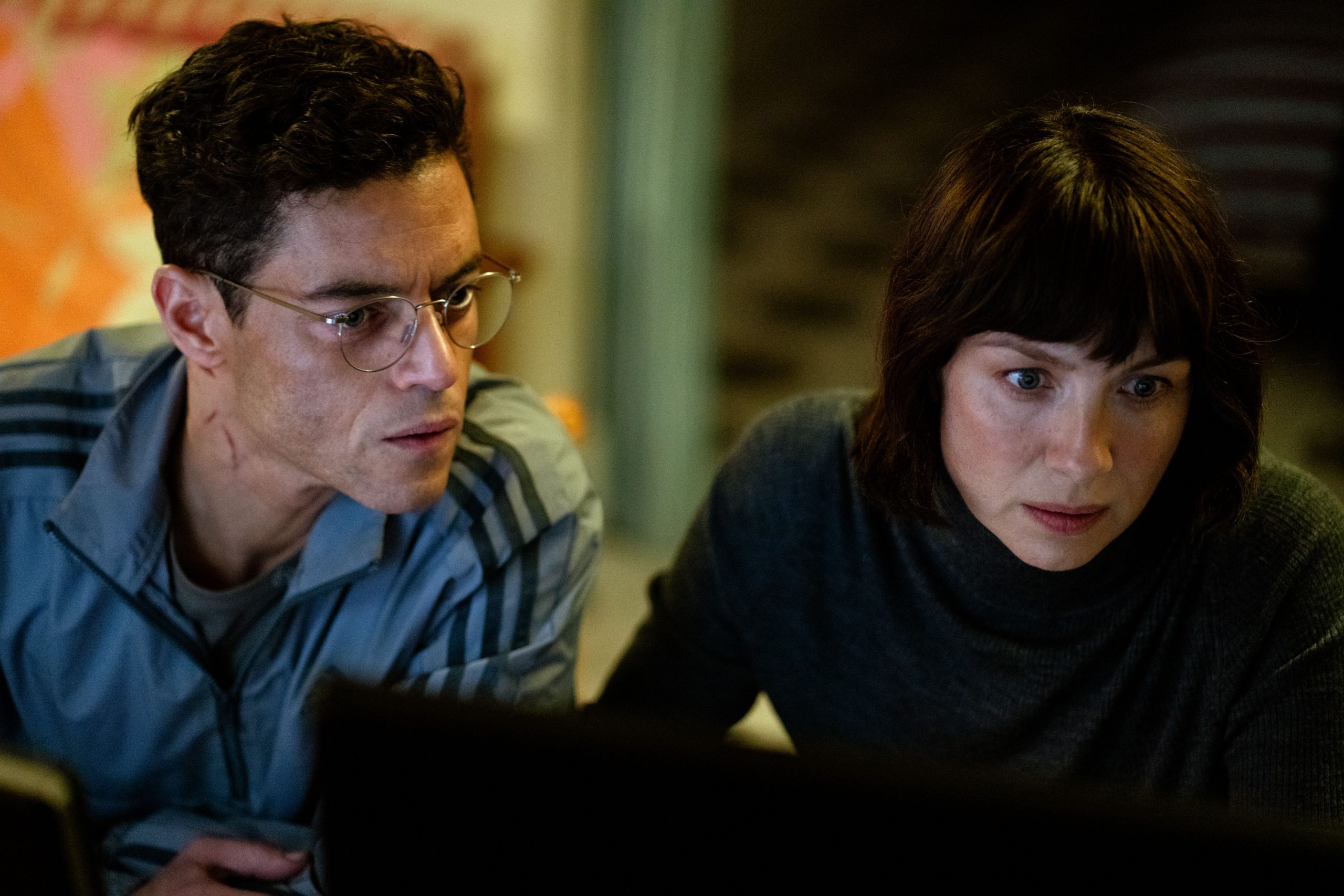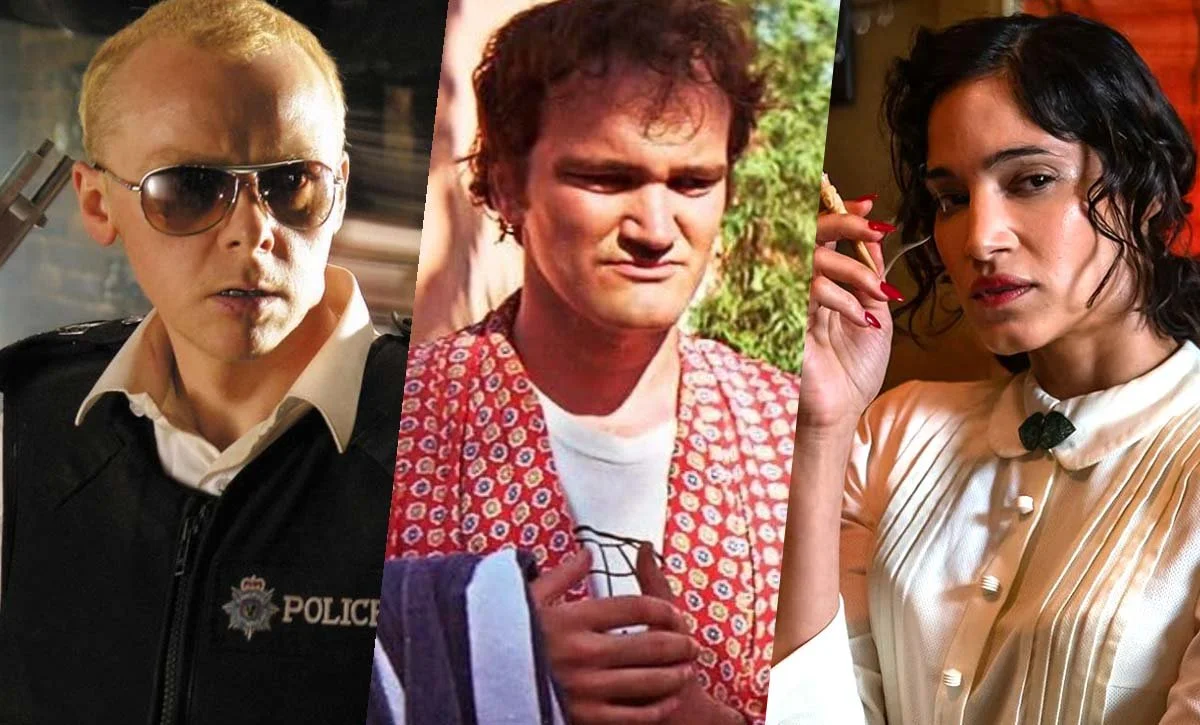While the world remained in quarantine due to COVID-19, one person devoted himself to circumventing it with the help of a bicycle, a lot of courage and motivation: Jonas Deichmanfamous German athlete for reaching the pinnacle of both triathlon and ultra-distance running.
For fourteen months, Deichmann devoted himself to extreme experiences and moments of great happiness, swimming in Lake Constance, swimming the treacherous currents of the Adriatic Sea, crossing Mexico in more than a hundred marathons, or running twenty thousand kilometers on a bicycle, in freezing cold, from Dubrovnik to Vladivostok. All this until he became the first person to circumnavigate the world in a triathlon.
As he recalls, one of the most exciting moments was when young and old spontaneously joined him to be part of his adventure; while millions of fans supported him through social networks.
The result of that journey is I Am The Limit – How I Became The First To Circumnavigate The World In A Triathlona book that shows us that we can achieve all our goals, which was recently released by Pinolia Publishers.
If you want to know more, here’s an exclusive preview of a story that’s sure to move mountains…
a stone’s throw away by bike
Getting to the start relaxed almost always seems to me to be the hardest part of a challenge. The last days before departure I feel very stressed. That same morning, after a very short night, I have to go to my supplier to pick up a new sleeping bag and some other things. It is Saturday, September 26, 2020 and I am at the Odeonsplatz in Munich at noon. All done.
Exactly at the time of departure, the atmospheric conditions have changed, when the temperature until then was typical for summer. Despite the torrential rain of ten degrees, between seventy and eighty people came to watch the start of my world tour. In addition, thirty other cyclists have turned up to accompany me a bit in the beginning. The RTL also came to interview me.
Of course also the film crew that will make a documentary about the trip. I answer a few questions and then we leave. I want to be here again in a year. Thousands of things have happened in my head over the past few months, I was full of excitement and anticipation, but now that everything is finally starting, none of that matters anymore. I only feel a great tingling inside me: the feeling of freedom.
snow in the mountains
Leaving Munich I follow my old training route through the Perlacher Forst. On my way south, the cyclists accompanying me fall behind. At night, only my brother Siddy and the filmmaker Markus Weinberg accompany me. Immediately the first inconvenience: we have to change the planned route. My plan was to go through the Tyrol and the Grossglockner Alpenstraße. I love mountain passes and crossing the Grossglockner road would be a real miracle: the long and demanding climb is barely noticeable against the majestic beauty of the surrounding peaks. But the pass just closed due to snowfall. The bad weather at the start is already starting to wreak havoc. In addition, there is the virus: a few hours earlier, Tyrol was declared a covid risk area. Transit is possible, but anyone staying in the area for more than 12 hours must be quarantined if they want to re-enter Germany. Not an option for my brother and Markus, who only want to travel part of the way. So we have to choose Bayrischzell and Tatzelwurmstraße – with its endless hairpin bends, a classic training spot for anyone on two wheels. We reached Nussdorf am Inn, still on the German side, where we spent the night. Siddy says goodbye to Munich the next morning. Markus and I have prepared a new route. It’s just the beginning and we already have to improvise… But who knows, maybe it’s for the best.
Sunday starts with a promising sun. However, I feel a chill when I step on woman, the night has made me a little stiff. There are only three degrees left. I cross the Pongau to Radstatt and head up Katschbergstraße to the Tauernpass (1,738 metres), slightly further east than expected. The road is clear, but the snow is medium deep and icy cold. We decided to go to the south side for the night and found a place to sleep there; but not in a cozy bed, but in the open air, behind a tennis court. We set up the bivouac. I open my sleeping bag, reinforced to protect me from the cold, and put on top of it a waterproof tarpaulin I affectionately refer to as a “bivouac bag”. That’s how we have to make it today.
The next day offers me a taste of what awaits me in the Russian winter: continuous rain in the valley, snow on the mountains. We make our way over the Turracherhöhe, almost 1,800 meters high, with ten centimeters of fresh snow leading us to Carinthia. Here the thermometer rises again a few degrees. But the joy does not last long: the Loiblpass to Slovenia challenges us with steep slopes, fifteen and sixteen percent. The rain gets into our eyes despite wearing cycling goggles and our thighs seem to burn.
“I Just Saw You on TV”
Rest is not bad at all. There is a checkpoint at the border between Austria and Slovenia. The Austrian official walks up to me, but he doesn’t need to check my passport, he already knows who I am: he saw a report about me on TV a while ago and that’s why he recognized me. It’s curious. He wants to chat, but since it’s still blowing, I tell him we should go. Still, rest is welcome.
The weather is very bad and we are looking for a hotel to spend the night. But it’s not that easy. Two soaked cyclists wander aimlessly through towns with closed shops and dark storefronts. We didn’t find anything until about 10 PM.
“Sorry, the kitchen is already closed,” they tell us.
We try not to let the despair that spreads through us dominate us. Because we look as hungry as we feel, the owner takes pity on us and makes an exception. He walks through the kitchen for half an hour and finally serves us a pizza.
Our clothes dried overnight and the weather has improved again. We speed through the capital of Slovenia, Ljubljana, and reach the border with Croatia in the afternoon. It only took us three quarters of a day to cross little Slovenia, too little for such a beautiful, picturesque country with such an exciting culture.
Game change
Croatia welcomes us with its small and lonely roads. We are lucky to find a restaurant where we can fill our tummies with ćevapčići, because after that there is no opportunity to get food for hours. Coronavirus prevention measures are barely noticeable here: there are no checks, there are no signs. We only wear a face mask when we go shopping. Our route crosses the Risnjak National Park, which we enter immediately after the Čabar border crossing. More than sixty square kilometers of impressive karst landscape in the middle of the mountains.
Unfortunately we don’t see much, because it is already dark. Suddenly I realize that there is something big on the road, right in front of me. I’m going to run into him! I have to brake hard. It is a deer, which stays only three or four meters away from me. At the speed we were driving it would have been a nasty collision. But it could have been worse, it could have been a bear, there are a lot of bears here.
Also tonight we have to find a suitable place to sleep. We don’t want to lie down in the desert, there are bears, as I said, and also fog and humidity, although it is not raining at the moment. Despite the bivy bag, the sleeping bag would immediately get wet. And it wouldn’t help much to set up the new store in the dark for the first time. So we drive on until we reach Lokve, a small town in the mountains that lives from tourism in the summer. Here we find a temporary shelter at a bus stop, nice and quiet. The first bus doesn’t leave until ten in the morning.
In the Mediterranean Sea
We are now through the cold mountain landscape again. Suddenly it is a nice sun. We can literally feel that we are approaching the shores of the Mediterranean as the landscape becomes distinctly Mediterranean. After the last eight hundred meter long pass we zigzag down to the Adriatic Sea, which we reach in Senj. The remaining sixty-five kilometers along the beautiful coastal road to Karlobag is pure enjoyment. We roll on dry asphalt like an airstrip. It is clear that the tourist season has ended due to the corona virus: there is no traffic or people on the road, not a single boat on the water.
Source: Marie Claire
Errol Villanueva is an author and lifestyle journalist who writes for The Fashion Vibes. With a passion for exploring the latest trends in fashion, food, travel, and wellness, Errol’s articles are a must-read for anyone interested in living a stylish and fulfilling life.

.jpg)



